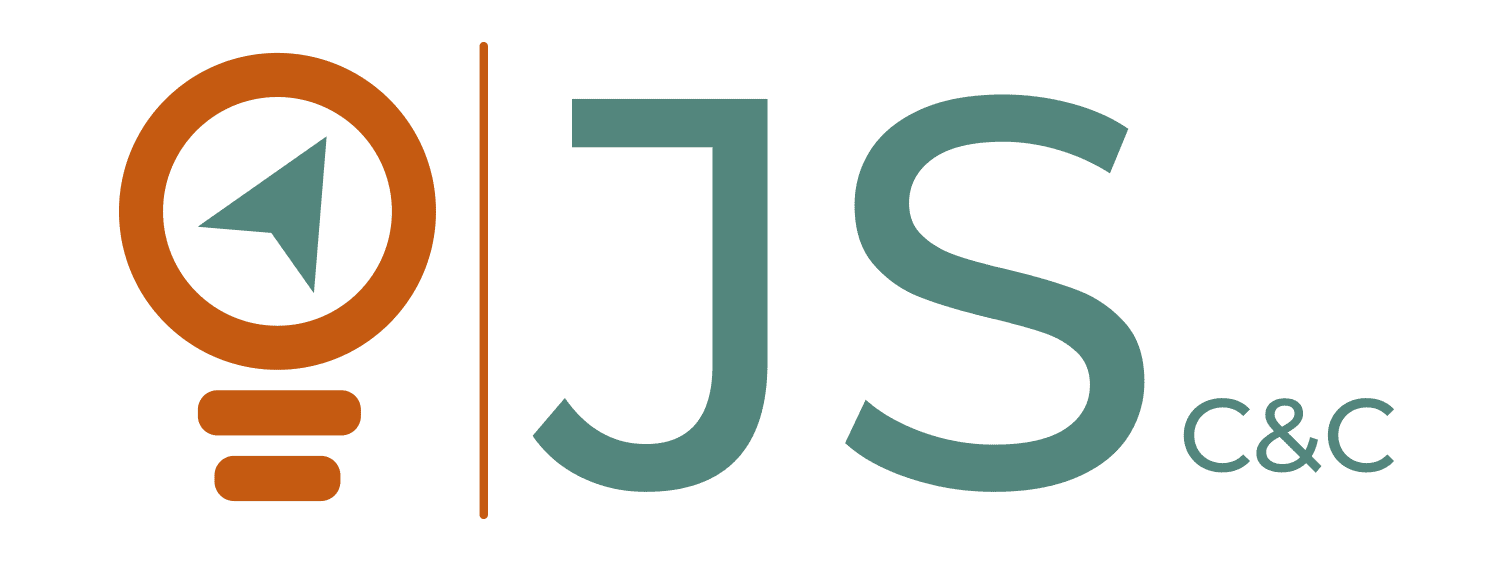In her article “Why you think you’re right, even when you’re wrong,” Julia Galef wrote: “We need to learn how to feel intrigued instead of defensive when we encounter some information that contradicts our beliefs.” I love that sentence.
Then I read this one about how to make a successful career transition: “You cannot discover yourself by introspection.” It was written by Natasha Stanley in her review of Working Identity, a book published in 2004 by Herminia Ibarra, professor of organizational behavior.
Ibarra’s research-based assertion that you cannot discover yourself by introspection doesn’t simply contradict my belief. It undermines the basis upon which I make my living as a career and leadership coach.
According to Galef, I had a choice to make. I could be defensive, or I could be intrigued. I chose the former, or more accurately, it chose me. I prepared my defense—for the imaginary prosecution—by reflecting on how introspection has led to transformative results with my clients.
I thought of a C-level executive who was about 20 years into his career. He’d already pivoted once—from banking to nonprofit—in search of more meaning, yet he continued to feel uninspired.
When he hired me, he was on the precipice of leaving his full-time job to enroll in a master’s program in social science. Through a series of open-ended questions, we explored his career history and the hidden beliefs that undergirded his decision-making.
It became clear he didn’t feel excitement about the master’s program or where it would lead him. As he’d done during his last transition, he was making the decision based on an intellectual calculation and not on true desire, and we discovered the reason why: He unconsciously associated what interested and excited him with risk. This was true even though the opportunities that interested and excited him were objectively less risky than leaving his job for a master’s program.
Prior to our discussion, he had no idea he was unconsciously disqualifying the very jobs that would give him the feeling he was seeking. As a result of our work together, he decided not to enroll in the master’s program. Instead, for the first time in his career, he began pursuing the types of roles that made him excited.
I recalled a female data scientist who found me when she was deeply unhappy in her job and seeking a change. She wanted more “ease” in her professional life. Despite that desire, she’d always chosen to work in cultures that were misaligned with her values and her style.
As a woman in technology, she’d spent her career on the receiving end of unconscious bias and overt discrimination. She wasn’t aware of an underlying belief she held: She wasn’t working hard unless she was struggling to prove her value to obstinate colleagues who doubted her competence because of her gender and in spite of the exceptional results she delivered.
While she said she wanted more ease, she associated ease with apathy. That created a conflict because working hard was an important value for her. We worked together to untangle the coupling of ease and apathy, and I helped her believe she could work hard—while driving better results—without battling discrimination and hostility.
A few months after starting her new job, she emailed me and said: “Interestingly, people are telling me all the time how glad they are that I’ve joined the firm, and how much they want my help.” Her new colleagues showed her—much to her surprise and delight: “What I know and what I can do is mysterious and somewhat magical to people.”
The defense rests.
After my case was presented—and I don’t know if this was because of Julia Galef’s words or not—I did become intrigued. Being informed and knowledgeable are values that are important to me in my work. Defending against research-based findings about how to help people make successful career transitions was counter-productive to my mission. After a much needed attitude adjustment, I became curious about Ibarra’s work.
Her primary thesis is that “changing careers is actually a process of changing identity.” In her words, “We discover the possibilities by doing, by trying new activities, building new networks, finding new role models.”
In her review of Working Identity, Natasha Stanley wrote: “Relying only on introspection doesn’t work because our insight into ourselves is constrained by our roster of previous experiences. You actually have to act and then think—try things and reflect on how they fit you, and what they reveal about your abilities and interests. We learn who we are, as Ibarra put it, ‘by testing reality,’ not merely by looking inside. Reflecting on who we are is less important than probing whether we really want what we think we want.”
That wasn’t so bad, was it, I asked myself—like a physician assistant who has just given a patient a shot. After the initial pinch, I could appreciate the value of this research for people who yearn for a career change.
And if you are paying attention to Stanley’s words, you’ll note that she says relying only on introspection doesn’t work: This implies the potential value of a combined approach which resonates with me because I find binary thinking overly simplistic and constraining.
Based on a conversation between Esther Perel and Adam Grant on Grant’s TED WorkLife podcast, I’m not alone. They were discussing power dynamics in both romantic and professional contexts. Here is an excerpt from their exchange when Grant was pressing Perel to present her position more definitively:
EP: I don’t think it’s THIS or THAT. I think it’s BOTH, AND.
AG: You always have these paradoxes, and they drive me crazy because I want answers.
EP: You want to simplify, and I want to hold complexity. That’s the difference between a clinical psychologist and an organizational psychologist.
Like Grant, Herminia Ibarra is a researcher focused on organizational behavior. Her job is to seek probabilities and standard deviations and apply them to groups. In Grant’s words, she wants answers.
As a career and leadership coach working directly with clients, I want the right solution for an individual. There are aspiring career transitioners that may benefit more from action than introspection. Others may benefit more from introspection than action, and some may benefit most from a hybrid approach. (With that in mind, I sent Ibarra’s work to my C-level executive client. He already did the hard work of introspection. Maybe he needs some action to get him over the line and into his dream job.)
Let’s return to Julia Galef’s remark: “We need to learn how to feel intrigued instead of defensive when we encounter some information that contradicts our beliefs.” Instead of seeking simplicity, what if we could hold complexity?
While I loved the idea from a safe distance, it was challenging to put into practice when my beliefs and sense of identity felt threatened, and well, that’s kind of human. It was okay to feel defensive at first. As long as I didn’t get stuck in a defensive position, I could expand my perspective and increase my knowledge.
In Perel’s words, it doesn’t have to be THIS or THAT. If we made more room for BOTH, AND—while letting go of the need for one true answer—we might just be able to find the road that leads each of us to the meaningful work we crave.




